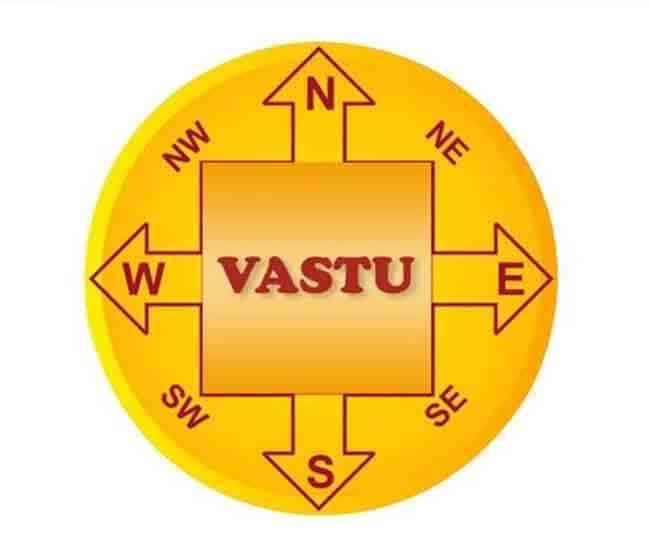Vastu has its origins in the Vedic civilization, which predates us by thousands of years. There are vastu specialists who appear on weekly television shows and well-known vastu consultants who have enormous waiting lists in India.

Aligning places so that they remain in tune with nature is a central tenet of Buddhism’s five-element doctrine. If you’re not familiar with the Chinese art of placement known as Feng Shui, you’re in luck: Vastu is a similar practice, teaching practitioners to study their surroundings and maximize cosmic influences on their dwellings.
Scholars believe that feng shui, which has led many Americans to seek harmony in their homes by installing fountains and hanging mirrors over their stoves, is a distant relative of vastu. It is founded on a set of principles aimed to restore the home’s equilibrium and promote happiness, prosperity and spiritual well-being to those who practise it.
In vastu, location is important. To access your grandparents’ wisdom, place their portraits at the southwest corner of your home. Make your home office more creative by painting it yellow. If you don’t want your guests to suffer from mental instability, don’t locate your guest room on your veranda or basement. The living room should be located on the west side of the home to enhance memory and intelligence, as well as to stimulate social interaction.
Some locals of the USA are beginning to wonder whether or not “Indian vastu for American dwellings” actually works. Except for a few minor aspects, vastu ideas are generally effective in American homes.
Pegrum works on textile projects and studies vastu in India for many months each year. It was spurred on by a growing interest in Eastern thought in the United States and around the world, she says. Pegrum argues that people can practise both feng shui and vastu, despite the inevitable “son of feng shui” moniker. According to Cox, the two methods share similar aims, but vastu delves further into spirituality.
It’s not necessary to purchase wind chimes, explains Cox. Buy into the idea that you have control over your environment.” And believe that having your home in harmony with the universal rhythms makes sense.
There are inherent flaws in Vastu Shastra and other superstitions when it comes to the concept that a home or building’s layout impacts a person’s financial status. If Vastu or Feng Shui, etc. were truly important for health and good fortune, why do so many affluent and healthy individuals live in Western countries such as the United States without employing any of these techniques?
Some of the people of the USA consider it a waste of time and money to place specific rooms in certain cardinal directions in order to maximise natural light, fresh air, and minimise negative features like road noise, unpleasant odours, and so on.










